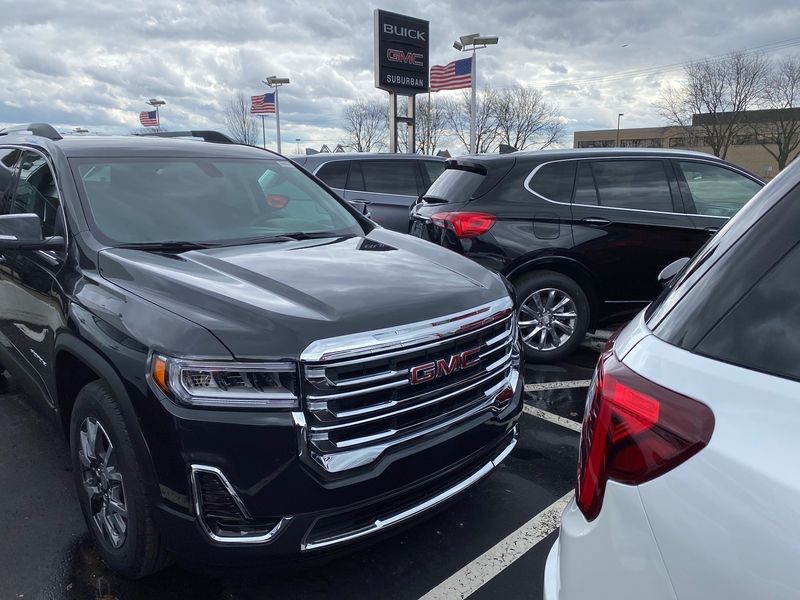
Editor’s note: An earlier version of this story listed an incorrect day for the study’s release.
J.D. Power’s latest survey of customer satisfaction with the vehicle purchase process indicates that online shopping is clearly the preferred method to buy at the moment.
Power’s 2021 U.S. Sales Satisfaction Index, released Wednesday, found that satisfaction among online car shoppers was higher in both the premium and mass-market segments than among those buyers who visited a brick-and-mortar dealership.
“The ‘Amazon effect’ of seeing, buying and having a product delivered to your doorstep has made its way into vehicle buying and it is here to stay,” Chris Sutton, vice president of automotive retail at J.D. Power, said in a statement.
But the study revealed that electric vehicle buyers were less satisfied with the sales experience than shoppers of internal combustion vehicles.
“BEV buyers are a unique challenge for dealers,” Sutton said. “As manufacturers ready new-model launches, now is the time to ramp up training and knowledge of BEVs and related services — such as charging and aftersales requirements — as buyers will undoubtedly have more questions about them.”
Porsche was the highest-scoring luxury brand in the 2021 study. The German sports car maker rose five spots from a year earlier.
Among mass-market brands, GMC ranked highest in satisfaction, displacing Mini from the top spot.
Brands showing the greatest improvement in year-over-year satisfaction scores were Jeep, with a gain of 24 points on the survey’s 1,000-point scale, Chevrolet (up 17 points), Dodge (up 17) and Ram (up 14).
J.D. Power calculates the 1,000-point scale by factoring in what customers say about the delivery process of their purchase, dealer personnel, the negotiation of the deal, paperwork completion, perceptions of the dealership facility and their satisfaction with the dealership’s website.
The study surveyed 35,387 buyers who purchased or leased a new vehicle from July through September 2021.
Among premium brands, Infiniti ranked second, followed by Lexus and Cadillac. Satisfaction with luxury brands on average dropped by nine points year over year to 807.
Tesla’s score rose 11 points from a year ago. But “the automaker is not officially ranked among other brands in the study because it doesn’t meet ranking criteria,” the study said.
Tesla doesn’t grant J.D. Power permission to survey its owners in 15 states that are required for the analysis. Tesla’s score was calculated based on a sample of surveys from owners in the other states.
GMC, the segment’s top performer this year, rose from No. 2 last year with an eight-point improvement.
Mini, last year’s segment leader, saw a 30-point decline in its satisfaction score, tumbling to No. 6.
Buick, meanwhile, rose one spot to finish second this year. Ranking third was Chevrolet, followed by Dodge and Nissan.
The mass-market average inched up a point from last year to 785.